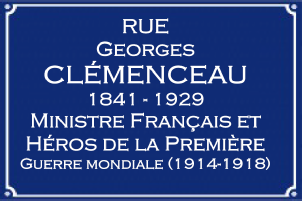
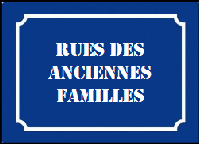

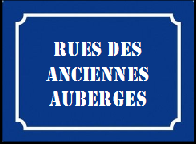
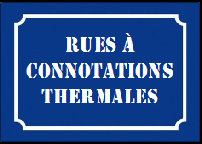
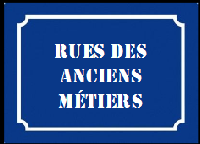
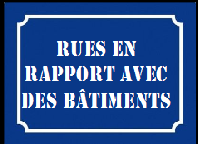
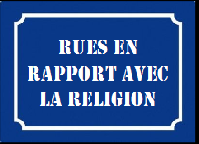


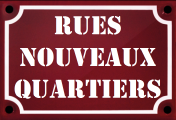
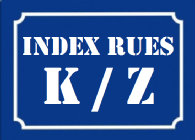




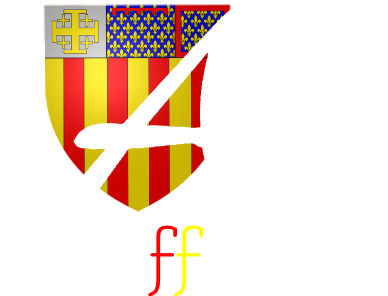


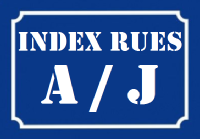


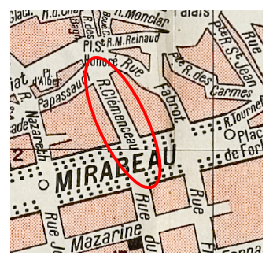


Georges CLÉMENCEAU est né à Mouilleron-
Médecin à vingt-
En 1865, pendant la « chasse aux dissidents », il quitte la France pour les États-
De retour à Paris à 29 ans, il prend activement part à la journée dite du « Quatre Septembre » (1870) où sont déclarées la fin du Second Empire et la naissance de la IIIe République.
De 1871 à 1876, il est député de Paris et sera le président du conseil municipal.
De 1876 à 1893, il sera le chef incontesté des Républicains radicaux et de l’opposition d’extrême gauche face aux opportunistes emmenés par Léon GAMBETTA et aux colonialistes de Jules FERRY.
Le 13 janvier 1898, il prend la défense du Capitaine DREYFUS et, en tant qu’éditeur du quotidien l’Aurore, il publie le célèbre article d’Émile ZOLA « J’accuse ».
En 1906, il devient ministre de l’Intérieur à 65 ans. Alors qu'il crée la police scientifique, il est considéré comme le « premier flic de France » à la tête des « Brigades du Tigre », de son surnom.
Renversé en 1909, il fera à son tour tomber le gouvernement d’Aristide BRIAND avant que la Première Guerre mondiale n’éclate ...
Georges CLÉMENCEAU was born in Mouilleron-
A twenty-
In 1865, during the "dissident hunt", he left France for the United States where he spent four years as a French teacher and riding instructor.
Back in Paris at the age of 29, he took an active part in the so-
From 1871 to 1876, he was deputy for Paris and was president of the municipal council.
From 1876 to 1893, he will be the undisputed leader of the radical Republicans and of the extreme left opposition to the opportunists led by Leon GAMBETTA and the colonialists of Jules FERRY.
On January 13, 1898, he defended Captain DREYFUS and, as editor of the daily “Aurore”, he published the famous article by Émile ZOLA "J’accuse".
In 1906, he became Minister of the Interior at the age of 65. While he created the scientific police, he was considered to be the “First Cop in France” at the head of the “Tiger Brigades”, by his nickname.
Overthrown in 1909, he in turn brought down Aristide BRIAND's government before World War I broke out ...
Durant celle-
Signataire du Traité de Versailles en 1919, traité de paix entre l’Allemagne et les Alliés, il se retire en 1920 de la vie sociale et politique pour effectuer de nombreux voyages.
Georges CLÉMENCEAU meurt à Paris le 24 novembre 1929 à l’âge de 88 ans.
During this, as President of the Council, he will lead France to victory against Germany thanks to Marshal FOCH, which will earn him the nickname "Père (Father) Victoire" by his admirers and "Perd(Lose) the Victory" by his adversaries who reproached him for not having invaded Germany as far as Berlin. The city council calls him the “Savior of the Fatherland”.
Signatory of the Treaty of Versailles in 1919, a peace treaty between Germany and the Allies, he retired in 1920 from social and political life to make numerous trips.
Georges CLÉMENCEAU died in Paris on November 24, 1929 at the age of 88.
During this, as President of the Council, he will lead France to victory against Germany thanks to Marshal FOCH, which will earn him the nickname "Père (Father) Victoire" by his admirers and "Perd(Lose) the Victory" by his adversaries who reproached him for not having invaded Germany as far as Berlin. The city council calls him the “Savior of the Fatherland”.
Signatory of the Treaty of Versailles in 1919, a peace treaty between Germany and the Allies, he retired in 1920 from social and political life to make numerous trips.
Georges CLÉMENCEAU died in Paris on November 24, 1929 at the age of 88.
